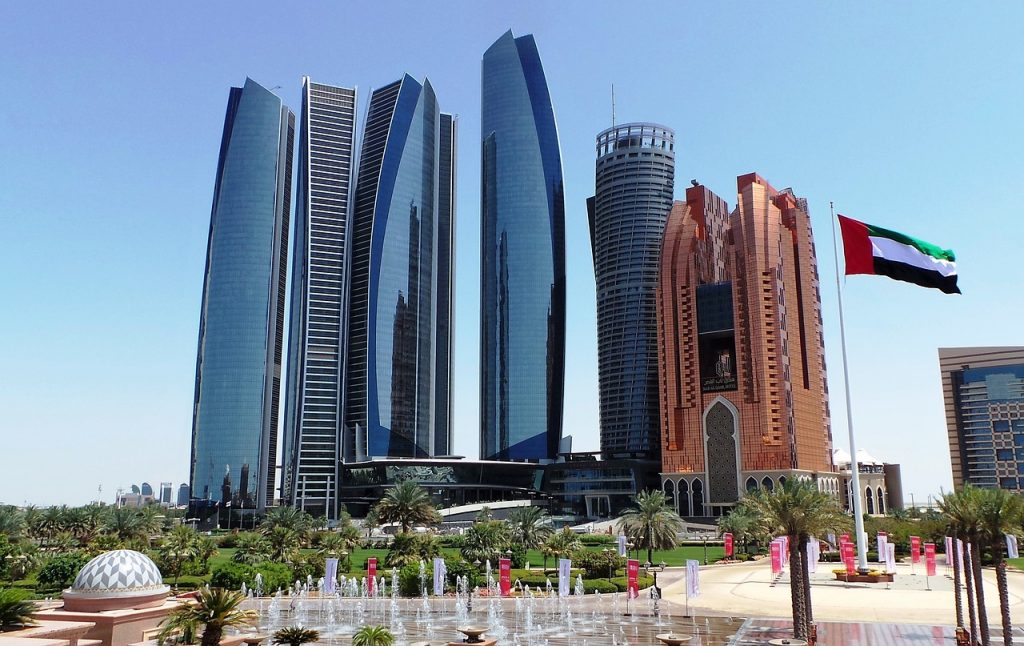In an interview given to Max Brett from the Natural Resource Governance Institute (NRGI), Dr Carole Nakhle, CEO of Crystol Energy and President of Access for Women in Energy (AccessWIE), comments on OPEC’s return to its old habit and the implications of the current oil price environment on investment. During periods of sustained lower oil prices, the typical industry reaction is cost cutting but Dr Nakhle clarifies that it is difficult to put a precise value on the projects cancelled because of low prices as it is often unclear what is caused by the oil price and what is determined by other factors.
Oil prices often shape government policies whereby low prices tend to prompt host governments to reduce the fiscal burden in an attempt to increase production and encourage investment. Dr Nakhle argues, however, that host governments’ reactions to lower prices tend to be slower and more erratic than their reaction to higher prices which often trigger a tightening of the fiscal terms.

GCC economies remain heavily dependent on oil revenues.
Fossil fuels—oil, gas and coal— will continue to dominate the worldwide energy mix in the next 20-30 years. Over time, however, given concerns about climate change, the dominance of fossil fuels will lessen, though not necessarily proportionately.
Interesting developments from the Middle East, to Eastern Mediterranean and North Africa will shape the oil and gas markets.
Dr Nakhle also discusses her initiative of promoting the role of women in the energy industry through AccessWIE, a group she founded in 2007.








